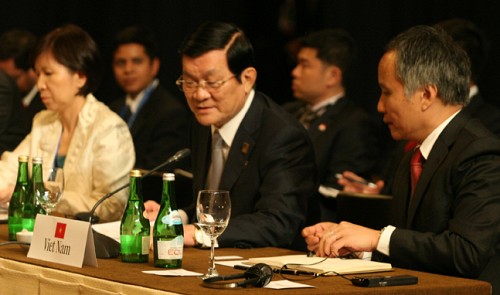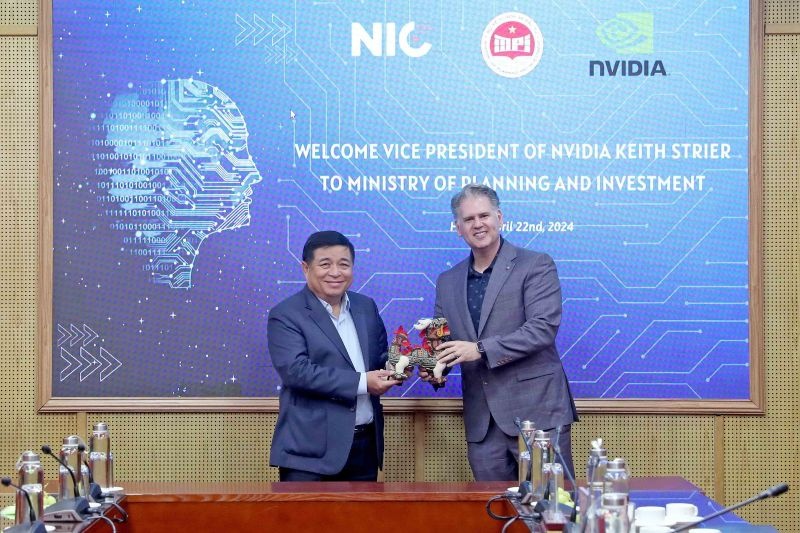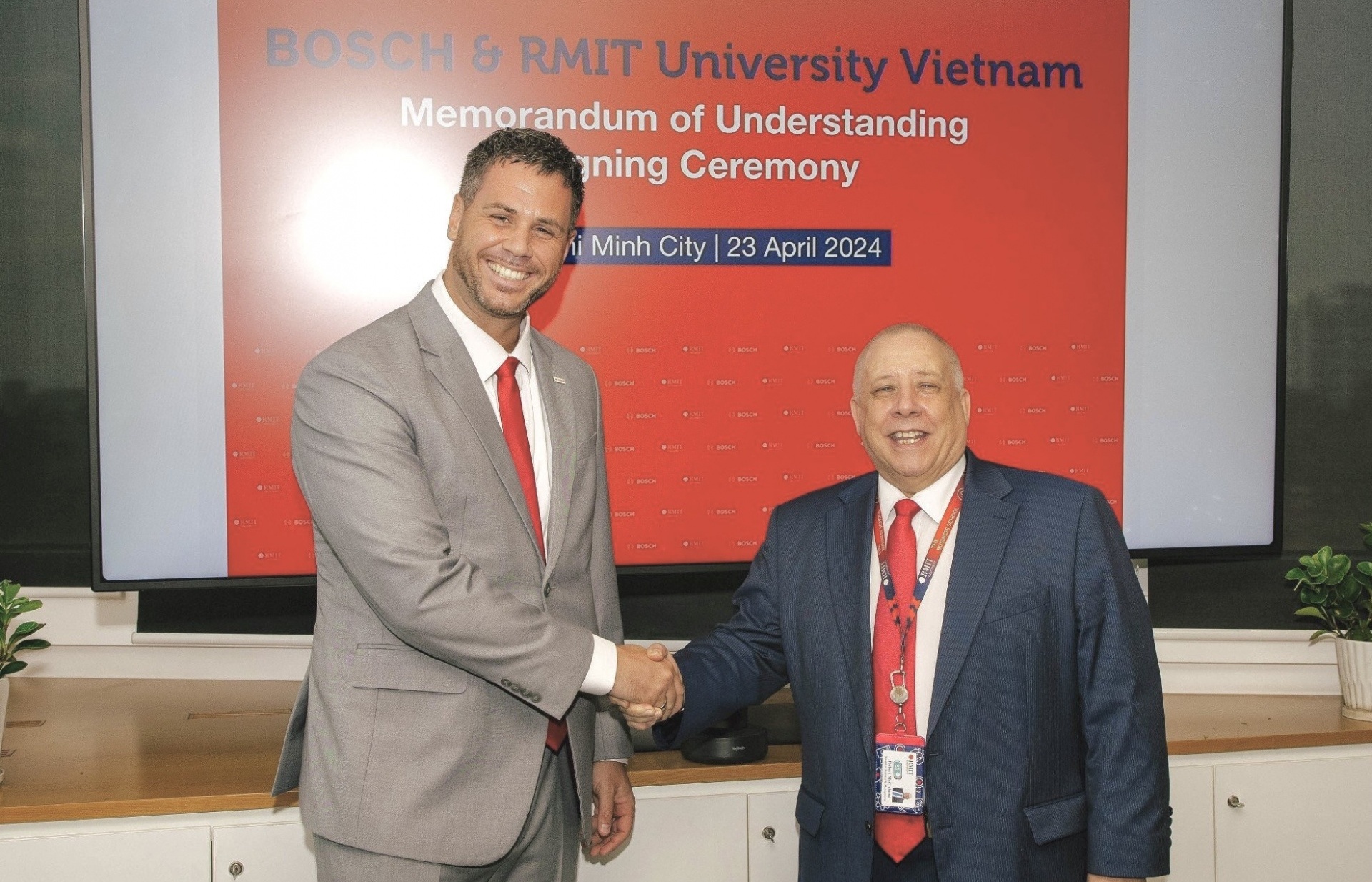TPP to be reached by year’s end, longer tax reduction road map proposed

To achieve the goal, a further round of TPP ministerial meetings will take place in Bali in December, on the sidelines of the World Trade Organization (WTO) framework.
In addition, another round of talks, conducted in November with the chiefs of TPP negotiating team from each country, is expected to take place in Japan.
But U.S. trade representative Michael Froman admitted that many unresolved problems for TPP remain, from intellectual property rights to state-owned enterprises, labor, and environment.
According to the Financial Times, about 15 out of 29 negotiation chapters have formally ended. Of the remaining, 7-8 chapters just need a slight correction.
Of the outstanding sensitive issues, tax reduction is a complex issue. Due to different levels of development, each country wants varying tax reduction timeframes to suit their particular economy.
One shoe cannot fit all
One of the breakthroughs of TPP negotiations is the proposal on the extension of tax reduction schedules for 4 countries, including Vietnam, increased from 10 years to 30 years.
This proposal is initiated by some developing countries, claiming that their domestic industries needs time to compete with other economies. With many other economic agreements, tariff elimination time frame usually stays within 10 years.
Previously, TPP member countries agreed on grace periods for some countries considered less developed, like Vietnam, Malaysia, Peru, and Brunei, especially for complex areas such as intellectual ownership.
The plan will be a way to remove the impasse in current negotiations.
The TPP negotiations, which have lasted three years with the participation of 12 countries, pin high hope on the establishment of a free trade block with 800 million people. Those countries accounts for about 40% of GDP and one third of global trade.
The TPP advocates have hailed the agreement, emphasizing that it is the most ambitious since the failure of the Doha round of negotiations, which attempted to remove tariff and non-tariff barriers.
Meanwhile, some opponents say the TPP will allow big multinational corporations with unprecedented powers to challenge the policymaking process of each member country.
TPP also have the ambition to regulate many issues deemed sensitive, such as government procurement, intellectual property rights, and the role of state-owned enterprises, as well as offer large corporations the right to sue the government of the TPP member countries.
|
TPP Leaders’ Statement announced On October 8, the White House Office of the Press Secretary announced a joint statement of leaders from countries participating in Trans-Pacific Partnership (TPP) negotiations. Tuoi Tre News publishes a part of it here: “We, the Leaders of Australia, Brunei Darussalam, Canada, Chile, Japan, Malaysia, Mexico, New Zealand, Peru, Singapore, United States, and Vietnam, are pleased to announce today that our countries are on track to complete the Trans-Pacific Partnership negotiations. Ministers and negotiators have made significant progress in recent months on all the legal texts and annexes on access to our respective goods, services, investment, financial services, government procurement, and temporary entry markets. We have agreed that negotiators should now proceed to resolve all outstanding issues with the objective of completing this year a comprehensive and balanced, regional agreement that achieves the goals we established in Honolulu in 2011, ensures the benefits of the agreement are fully shared, and takes into account the diversity of our levels of development. A final Trans-Pacific Partnership agreement must reflect our common vision to establish a comprehensive, next-generation model for addressing both new and traditional trade and investment issues, supporting the creation and retention of jobs and promoting economic development in our countries.” |
What the stars mean:
★ Poor ★ ★ Promising ★★★ Good ★★★★ Very good ★★★★★ Exceptional
Latest News
More News
- MB aiming for 30 million customers by end of year (April 22, 2024 | 17:43)
- Vietnam central bank postpones gold bar auction (April 22, 2024 | 15:27)
- Freshfields promotes Eric Johnson to international partnership in Hanoi (April 22, 2024 | 08:00)
- Vietnam asks Apple to make it global production base (April 16, 2024 | 16:11)
- Experts give insight into Vietnam's retail sector (April 16, 2024 | 09:00)
- Amendments to gold regulations on agenda (April 12, 2024 | 16:10)
- PV Power secures $300 million loan to fund LNG plants (April 10, 2024 | 17:06)
- Wartsila CEO explores outlook of Vietnam's energy transition (April 10, 2024 | 15:22)
- Driving dual transformation (April 09, 2024 | 17:05)
- Development highlights in Q1 through expert’s lenses (April 08, 2024 | 16:48)


















 Mobile Version
Mobile Version